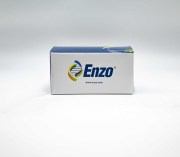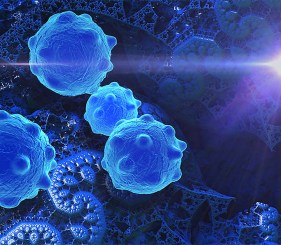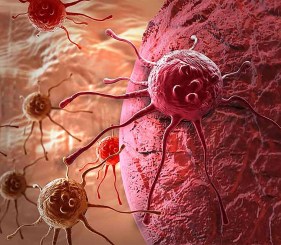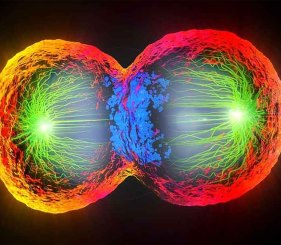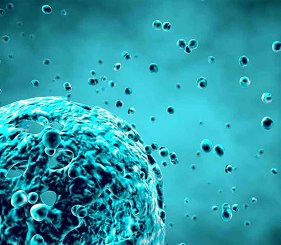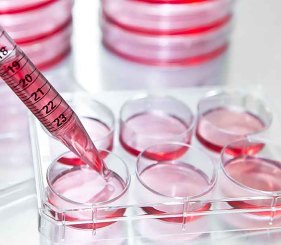Oksana Sirenko, Jayne Hesley, Emile Nuwaysir,1 Ivan Rusyn,2 and Evan F Cromwell Molecular Devices, LLC, 1311 Orleans Drive, Sunnyvale, CA 94089,
1Cellular Dynamics International, 525 Science Drive, Madison WI 53711,
2Univeristy of North Carolina, Chapel Hill NC 27599
INTRODUCTION
Human iPSC-derived hepatocytes have been developed as a replacement for primary cells and show promise with respect to liver-like phenotype, unlimited availability, and a potential to establish cells from individuals who are prone/resistant to adverse drug reactions. Accordingly, there is great interest in using iPSC-derived hepatocytes as tools for screening in drug development. While unlimited supply of such cells from multiple donors addresses one common bottleneck (i.e., availability of cells), it is yet to be shown that iPSC-derived hepatocytes are amenable to high-throughput and high-content screening analyses. In this project we tested several automated screening approaches for assessing general and mechanism-specific hepatotoxicity using iPSC-derived hepatocytes. We found that multi-parametric automated image analysis greatly increases assay sensitivity while also providing important information about possible toxicity mechanisms. Specifically, we found for testing a library of 240 compounds an assay sensitivity of 60% with a specificity of 91% and predictivity of 75%. This was superior to evaluation of cell viability endpoint only. We conclude that the high-throughput and high-content automated screening assays using iPSC-derived hepatocytes is feasible and can facilitate safety assessment or drugs and chemicals.
Download this Application Note
Latest Articles
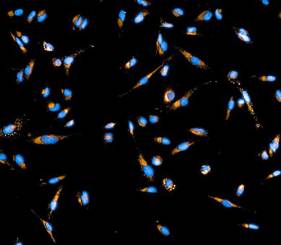
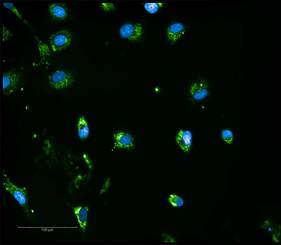
 Lab Essentials
Lab Essentials AMPIVIEW® RNA probes
AMPIVIEW® RNA probes Enabling Your Projects
Enabling Your Projects  GMP Services
GMP Services Bulk Solutions
Bulk Solutions Research Travel Grant
Research Travel Grant Have You Published Using an Enzo Product?
Have You Published Using an Enzo Product?

